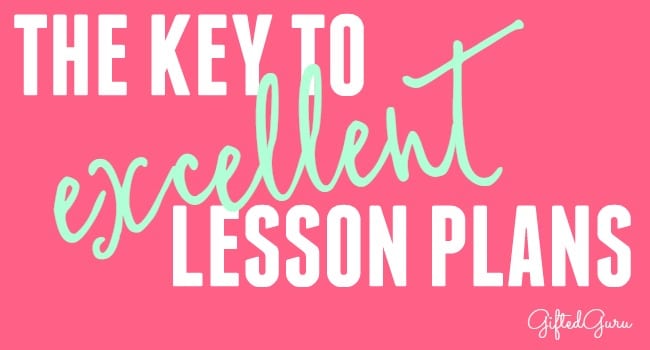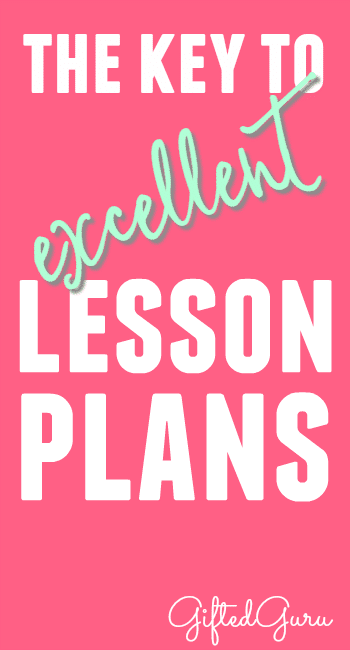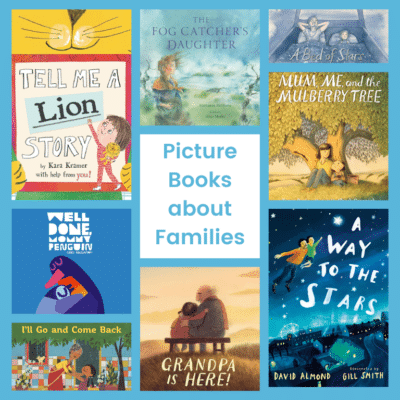The key to excellent lesson plans is deceptively simple.
It is a single question every teacher must ask when planning.
The question is this: What will happen in the life of the learner as a result of this lesson?
The role of objectives.
Do you see that this is bigger than writing out a bunch of “the learner will…” statements?
Objectives are great, essential even, yet they are not the key to excellent lesson plans.
Objectives tell us the knowledge and skills students will gain.
That’s nice. That’s important.
Unfortunately, it’s also dependent upon a fact not in evidence: that students will care about it just because the government says they should.
The role of this question.
The answer to this question will give the learner a why.
After watching this TED talk by Simon Sinek, I became persuaded that finding this why was as crucial to educators as it was to business leaders.
I teach at church, too, because teaching. I was reading a great article by a leader of my church. While it’s geared to teachers in church, this line struck me:
“From these examples we recognize that as learners, you and I are to act and be doers of the word and not simply hearers who are only acted upon.”
It doesn’t really matter if the “word” is the gospel or literary elements.
Learners are meant to be doers, acting, rather than being acted upon.
We have to share the why of what they’re learning in order to lure them into acting.
Excellent lesson plans change lives.
Does that sound too grandiose for, say, a lesson on adding polynomials?
I don’t think it is.
Years after she left my class, I got a Facebook message from a student:
12/1, 2:27am
Can you tell me what the short stories we read in English II? I found “On the Sidewalk Bleeding,” but I can’t find any of the other ones. Please help!
Let’s just pause for how amazing it is that a woman is messaging her former high school teacher at 2:27am to find a short story. Sigh. #whyIteach
She wrote back later:
I’m proud that you’re my teacher. As always, I love you very much, and you always inspire me.
Students write these things when they have a why.
Finding the why is easier than you think.
Ask yourself, “How will this student’s life be better because of this knowledge (or experience or lab or project or story or whatever you’re doing that day)?”
Often, I back into it. What would happen in the life of the learner if she didn’t have this lesson?
Would she feel nervous next year when the topic is brought up again? (the why: confidence!)
Would she miss the opportunity to have a great conversation with a great mind? (the why: mix with the greats)
Would she misunderstand a key element of history? (the why: being wise, not just smart)
Would she struggle with the next step? (the why: paving the way forward)
If you can’t think of a why, isn’t a lot to ask kids to do it?
I never use threats as a why.
Statements like, “You won’t be able to pass the test” or “You’ll fail the class” aren’t sharing a why. They’re coercion, and coercion doesn’t work in school (or anywhere, really, for any length of time).
What stands in the way of why?
Grades sometimes do.
In my classroom, I had a few sayings & slogans, and one of them was this:
“In this class, learning is not done in exchange for a grade. Learning is done in pursuit of a richer life.”
The key to excellent lesson plans is easier than you think.
By identifying and then staying focused on the question, “What will happen in life of the learner as a result of this lesson?” teachers will help students find their why, and they may even get messages at two am asking to know more.
Happy Why-ing.






